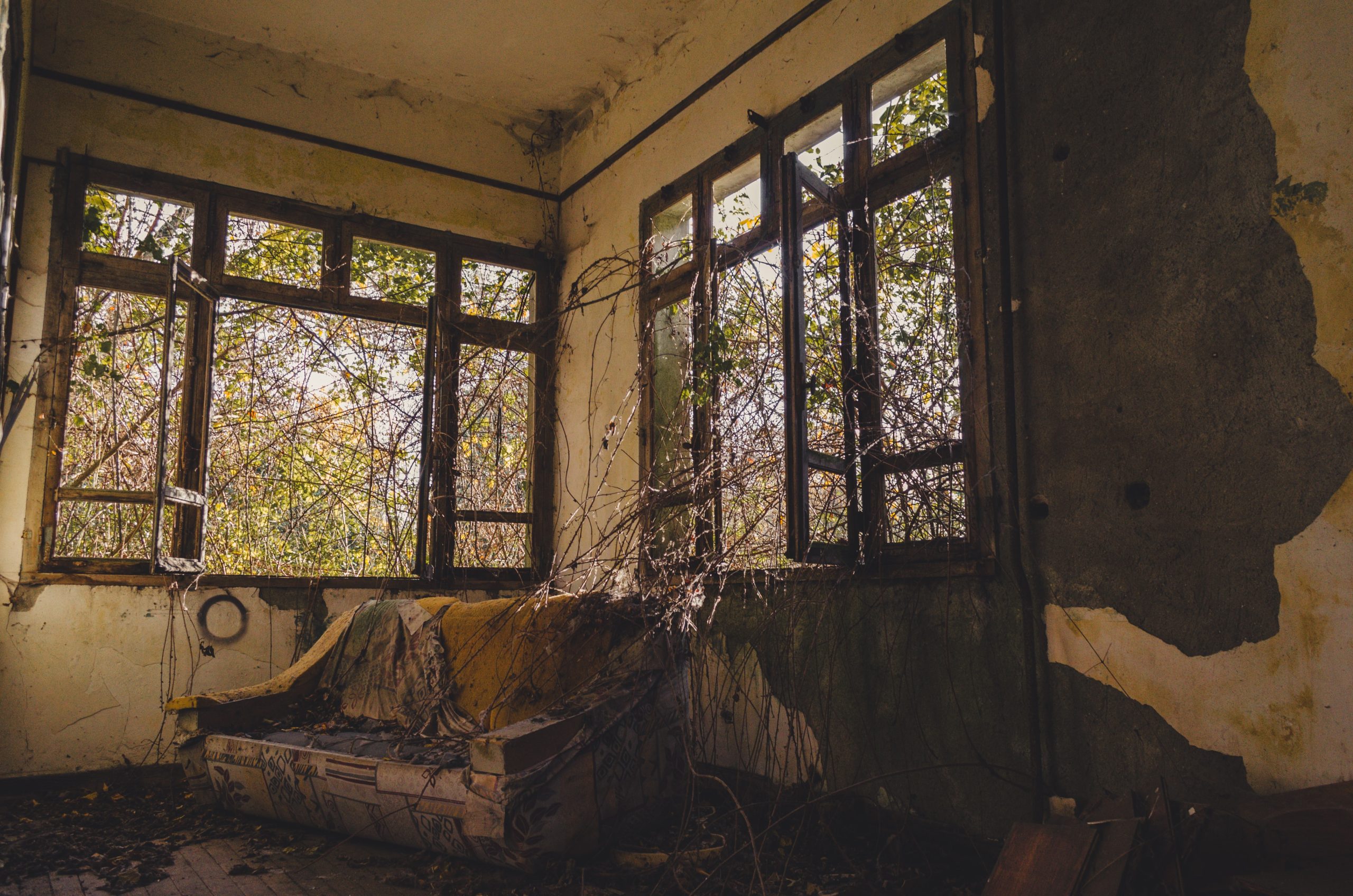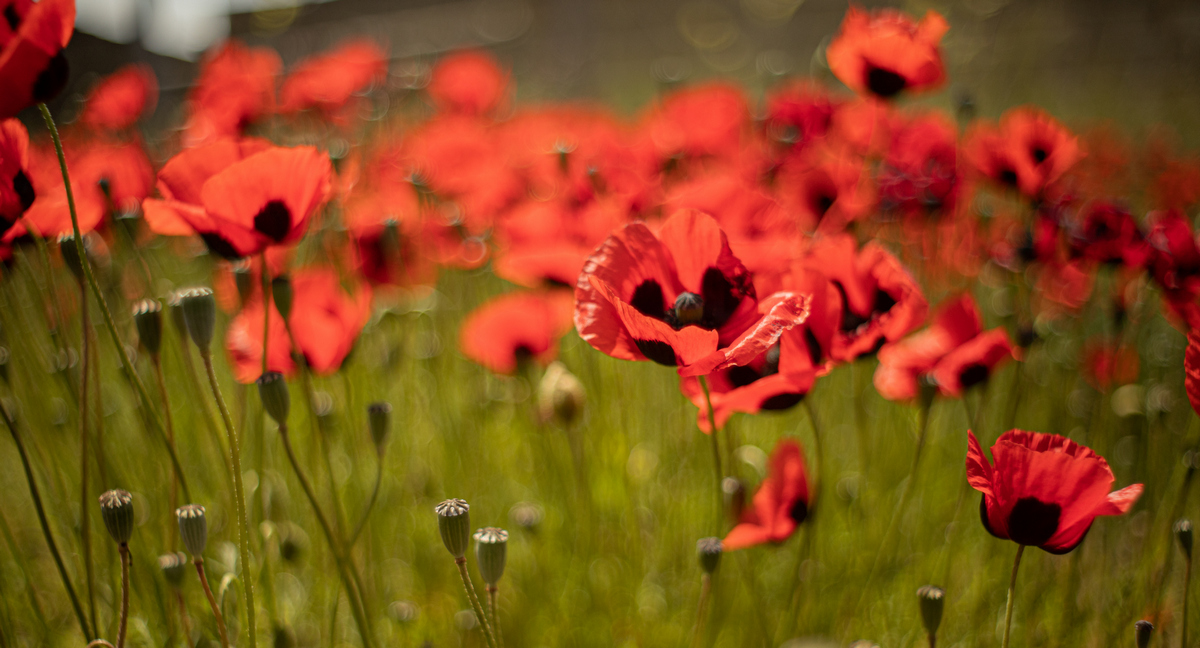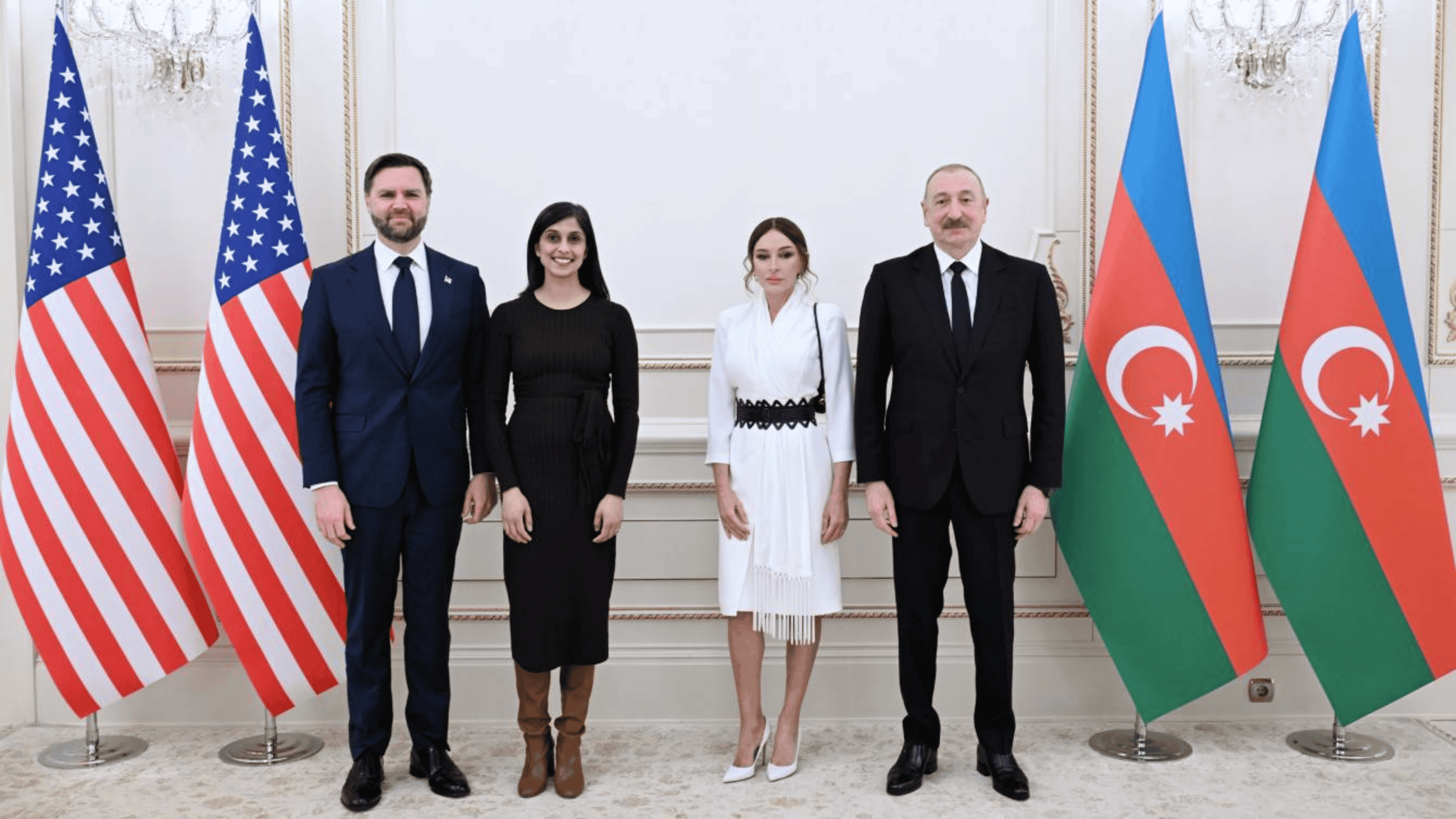Memories of the war
When the 44-day war began in 2020, in addition to thousands of casualties on both sides, the civilian population also suffered — 76 Armenians and 94 Azeris, according to official figures.
Sociologist and activist Sanubar Heydarova was conducting training in Barda, a frontline region, when the war began. She returned to Baku, then immediately left for Barda again to deliver humanitarian aid.
We asked Sanubar to talk about those days. Even though two years have passed, these are still painful memories for her. The story is interrupted by long pauses, as if she needs time to search for stories from farther shelves, hesitant to reach for them.
The war has begun
On the first day of the war, people began to flee from what became the front. There was no official evacuation.
“When we tried to find a car on the 27th to return to Baku from the training, it was almost impossible. From Barda many left for the villages to pick their relatives up and bring them to the city, where it seemed to be safer. Those who had cars went by themselves. Not understanding what to do next, they sat in crowded cars, many in pajamas. Someone spread a carpet on the side of the road. I still remember a man who brought bread with him and shared it with neighbors”.
Products and other issues
In Baku, Sanubar and other activists decided to start delivering humanitarian aid to the front, because there were problems with food and other essentials. Many roads were closed to non-residents of the cities and regions, and almost nothing was delivered because it long, dangerous, and expensive.
“In those days, many activists and citizens tried to help somehow by bringing something in their cars. And how much humanitarian aid was appropriated, not delivered to its destination. The government of Azerbaijan did not allow any humanitarian organization to go there, can you believe that?” Sanubar says.
“We could only travel to Barda. There was no one else to coordinate with. And in Barda local activists helped us. At first we carried all the products that we could collect, then we realized that it would be better to make a list of essentials.
As people began to trust volunteers more and talk about their problems, the list grew. Sanitary pads, underwear and bottles for traditional hygiene procedures were lacking. Women were using torn up clothes for the first thing.
Shelters in school buildings
“In Naftalan, Goranboy, Yevlakh, everywhere was the same situation with villagers from the frontline. In Yevlakh, locals sheltered many in their homes. And in Naftalan, although there is a lot of hotels, only a very few of them let people in. There was one roadside cafe in Yevlakh, its owner allowed people to stay inside. They slept on thin carpets spread on the floor. In shelters arranged in school buildings, 10-15 families slept in one room, on the floor or on shifted desks, and those who were able to bring mattresses and blankets in cars slept right in their cars.
In schools people again had a hygiene problem — the toilets were without doors, so men and women went there in groups and in turns. Due to the traditional taboo on the subject of the natural needs of women, it was additional stress for them to go to the toilet past all their fellow villagers with a jug of water in their hands.
“We also had a chance to see bio-toilets in schools. In one school they were open, in the other they were locked, as we were told so that they would not be spoiled.”
The security of the civilian population was precarious.
“In Barda alone, the cellars of five schools were cleared and turned into shelters from shelling. They said that they did this in Beylagan and Aghjabedi, but we didn’t see it, I can’t confirm it.”
Three meals a day were provided by local government in such shelter schools.
Lack of medicines
Sanubar says that people with disabilities, the sick, and pregnant women had it worst:
“Patients who needed regular medication, such as diabetics, were left without the necessary drugs. They asked for medicines at clinics in Barda or Yevlakh, but there they were told that they received these medicines in limited quantities, counting on their own population of the regions. By the time this problem was known in Baku, by the time it was solved, a lot of time had passed. Because no one cared about these people. All attention was directed to wounded soldiers.”
Children
“We continued to work in those areas after the end of the war and saw how many people got sick. The level of domestic violence has increased. Have become more frequent
cases of self-harm among children. One child pulled out his eyelashes, tore his clothes. From stress, children had memory impairments, they couldn’t learn.
“According to one man from the village of Tapgaragoyunlu, he did not allow his child to return home from relatives, because shrapnel hit his mother right on the door of the house. The blood was washed off, but the stain remained. And they feared the child would be traumatized by the sight of the stain.”
Do you know what the worst was? Children who were born and raised in frontline villages after the first Karabakh war told us that they lived in constant fear anyway. That is, it was a thirty-year fear, not a 44-day one.”
“People are not afraid”
“One of the most vivid memories is a school half destroyed by shelling. I wandered among the remnants of walls and broken glass. Everything was broken, the roof of the stadium had collapsed. I saw surviving classrooms with children’s posters and portraits of poets on the walls, and in the middle there was a deep pit.
“Our authorities used people as a shield, they didn’t want them to leave that zone, so that in case of shelling they would say — they are shooting at civilians. All 44 days the children fell asleep to the sound of bombing. Not a night passed without an explosion. We spent the whole day to this ‘accompaniment’.
“I was outraged that we weren’t evacuated. Let them hire ten buses for the price of one rocket and bring out at least children and pregnant women. They didn’t even do that. Fairy tales are told here — people aren’t running away, people are not afraid. What other ‘people are not afraid’, do you know what state the people were in?”
Sanubar ends her story with a resigned look, ready again to consign her memories to the farther shelves.




















